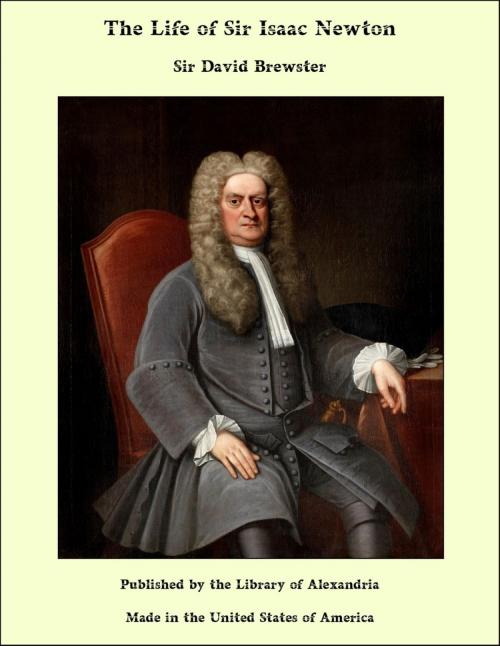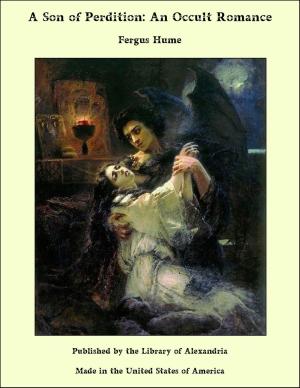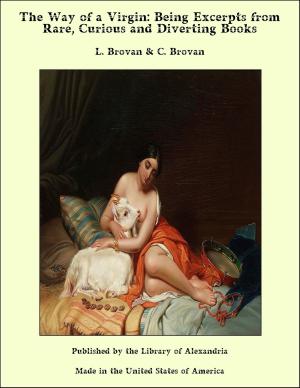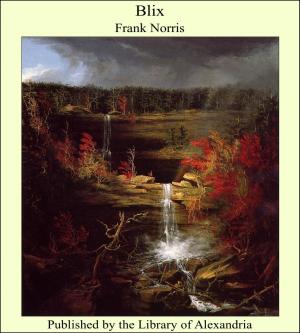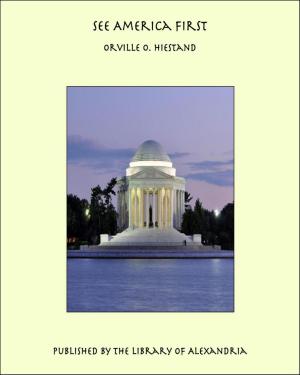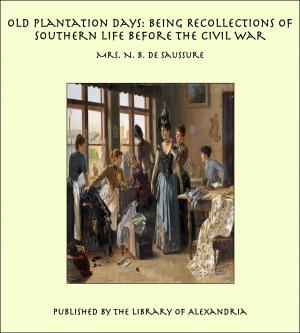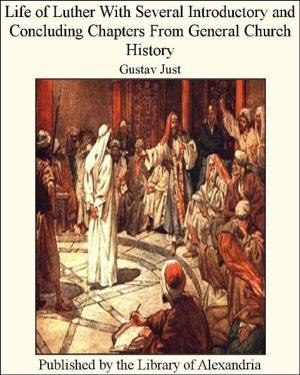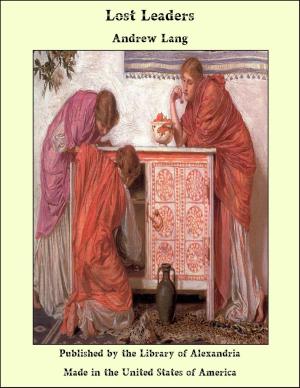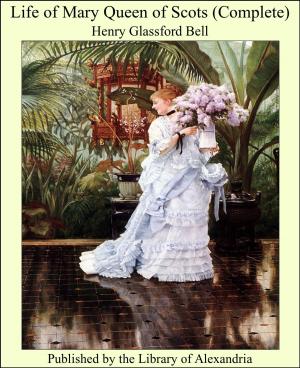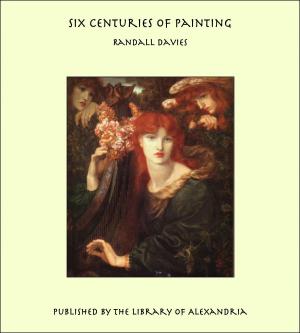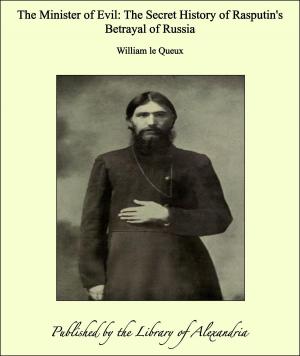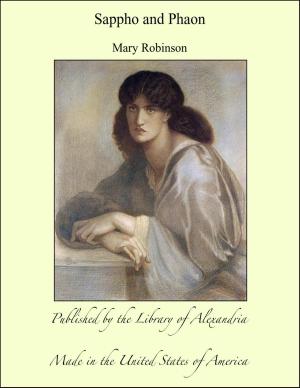The Life of Sir Isaac Newton
Nonfiction, Religion & Spirituality, New Age, History, Fiction & Literature| Author: | Sir David Brewster | ISBN: | 9781465595621 |
| Publisher: | Library of Alexandria | Publication: | March 8, 2015 |
| Imprint: | Language: | English |
| Author: | Sir David Brewster |
| ISBN: | 9781465595621 |
| Publisher: | Library of Alexandria |
| Publication: | March 8, 2015 |
| Imprint: | |
| Language: | English |
Sir Isaac Newton was born at Woolsthorpe, a hamlet in the parish of Colsterworth, in Lincolnshire, about six miles south of Grantham, on the 25th December, O. S., 1642, exactly one year after Galileo died, and was baptized at Colsterworth on the 1st January, 16423. His father, Mr. Isaac Newton, died at the early age of thirty-six, a little more than a year after the death of his father Robert Newton, and only a few months after his marriage to Harriet Ayscough, daughter of James Ayscough of Market Overton in Rutlandshire. This lady was accordingly left in a state of pregnancy, and appears to have given a premature birth to her only and posthumous child. The helpless infant thus ushered into the world was of such an extremely diminutive size,2 and seemed of so perishable a frame, that two women who were sent to Lady Pakenham’s at North Witham, to bring some medicine to strengthen him, did not expect to find him alive on their return. Providence, however, had otherwise decreed; and that frail tenement which seemed scarcely able to imprison its immortal mind was destined to enjoy a vigorous maturity, and to survive even the average term of human existence. The estate of Woolsthorpe, in the manor-house of which this remarkable birth took place, had been more than a hundred years in the possession of the family, who came originally from Newton in Lancashire, but who had, previous to the purchase of Woolsthorpe, settled at Westby, in the county of Lincoln. The manor-house, of which we have given an engraving, is situated in a beautiful little valley, remarkable for its copious wells of pure spring water, on the west side of the river Witham, which has its origin in the neighbourhood, and commands an agreeable prospect to the east towards Colsterworth. The manor of Woolsthorpe was worth only 30l. per annum; but Mrs. Newton possessed another small estate at Sewstern,3 which raised the annual value of their property to about 80l.; and it is probable that the cultivation of the little farm on which she resided somewhat enlarged the limited income upon which she had to support herself, and educate her child.
Sir Isaac Newton was born at Woolsthorpe, a hamlet in the parish of Colsterworth, in Lincolnshire, about six miles south of Grantham, on the 25th December, O. S., 1642, exactly one year after Galileo died, and was baptized at Colsterworth on the 1st January, 16423. His father, Mr. Isaac Newton, died at the early age of thirty-six, a little more than a year after the death of his father Robert Newton, and only a few months after his marriage to Harriet Ayscough, daughter of James Ayscough of Market Overton in Rutlandshire. This lady was accordingly left in a state of pregnancy, and appears to have given a premature birth to her only and posthumous child. The helpless infant thus ushered into the world was of such an extremely diminutive size,2 and seemed of so perishable a frame, that two women who were sent to Lady Pakenham’s at North Witham, to bring some medicine to strengthen him, did not expect to find him alive on their return. Providence, however, had otherwise decreed; and that frail tenement which seemed scarcely able to imprison its immortal mind was destined to enjoy a vigorous maturity, and to survive even the average term of human existence. The estate of Woolsthorpe, in the manor-house of which this remarkable birth took place, had been more than a hundred years in the possession of the family, who came originally from Newton in Lancashire, but who had, previous to the purchase of Woolsthorpe, settled at Westby, in the county of Lincoln. The manor-house, of which we have given an engraving, is situated in a beautiful little valley, remarkable for its copious wells of pure spring water, on the west side of the river Witham, which has its origin in the neighbourhood, and commands an agreeable prospect to the east towards Colsterworth. The manor of Woolsthorpe was worth only 30l. per annum; but Mrs. Newton possessed another small estate at Sewstern,3 which raised the annual value of their property to about 80l.; and it is probable that the cultivation of the little farm on which she resided somewhat enlarged the limited income upon which she had to support herself, and educate her child.
